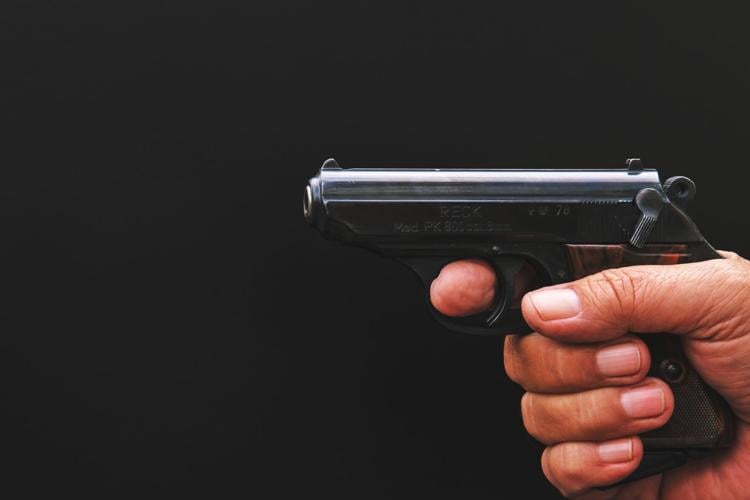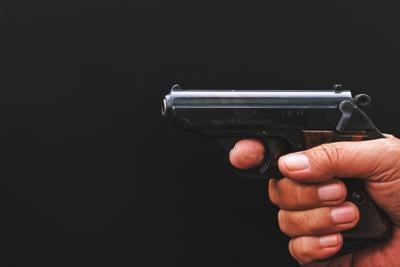Now that the Louisiana Legislature has made it even easier for people to carry guns, it's a good time to examine the history of the American right to lethal weapons. It is more complex than those who cite the Second Amendment like to claim.
When Paul Revere made his storied midnight ride to awaken farmers and villagers to fight British troops at Lexington and Concord on April 19, 1775, in the first major battle of the American Revolution, no colonial army existed. It was a militia made up of civilians lacking military training or organization who turned back British soldiers.
Before the Revolution, militias of hastily organized settlers protected remote areas from hostile Native Americans when British soldiers were not readily available. Then throughout the Revolution, militias played a critical role. They provided the bulk of American forces as well as manpower for George Washington’s Continental Army that was formed in June 1775.
In 1781, one of my great-great-grandfathers left his farm in North Carolina to support the Continentals in a militia unit at Guilford Court House in North Carolina fighting General Cornwallis, who was on his way north to defeat at Yorktown. My ancestor survived that and volunteered again, fighting in the militia against British troops at Eutaw Springs in South Carolina.

Henry Bradsher
The importance of these militia volunteers was widely recognized after American independence. The U.S. Constitution approved in 1789 gave Congress the power “for calling forth the Militia to execute the Laws of the Union, suppress Insurrections and repel Invasions. ...” But after the Revolution, should citizens be armed to carry out this obligation if Congress called? The second of 10 amendments in the Bill of Rights added in 1791 said: “A well regulated militia, being necessary to the security of a free state, the right of the people to keep and bear arms shall not be infringed.”
The concept and importance of militias, to supplement the army and to protect wilderness settlers as the new nation spread westward, remained after the revolutionary era. They played an important role in the Civil War but later fell into disuse as National Guard units were established in American states.
The militia concept continues in many nations. Swiss men are expected to be available for emergency military service and are allowed to keep high-powered firearms in their homes. Even in China, with the world’s largest standing army, militias exist as territorial reserves for local defense and putting down protests.
Many countries, however, strictly limit firearms. But in the United States, after 754 people were killed in mass shootings last year and 318 have been killed in mass shootings in the first five months of this year, no restrictions. Even repeated horrific school shootings have not brought change.
The reason, of course, is the politically polarized interpretation of the Second Amendment. For a long period, the significance of the Second Amendment had faded, until it became the justification of gun lovers, school shootings be damned. My father long belonged to the National Rifle Association but not after it changed in the 1970s from advising hunters to becoming a corruption-enshrouded, ideologically driven advocate of no limits on guns.
The argument for little to no restrictions on gun ownership ignores the tie to militias and their historic role.
Some in today’s U.S. judiciary explain their rulings on the basis of what is called "originalism," a view that current rulings should echo the Founders' original intent. But when it came to guns, the originalism link between militias and the right to keep and bear arms has been ignored. Justice Antonin Scalia, a famous proponent of originalism, wrote the 5-4 majority opinion in the Supreme Court’s 2008 ruling on District of Columbia v. Heller that the right to possess firearms is independent of service in a state militia.
Others appeal to history and tradition. But there is so much of both that they can pick and choose a justification for a result that suits their ideological predilections. When it comes to gun policy, the question is which history, tradition or originalism we choose to follow.



